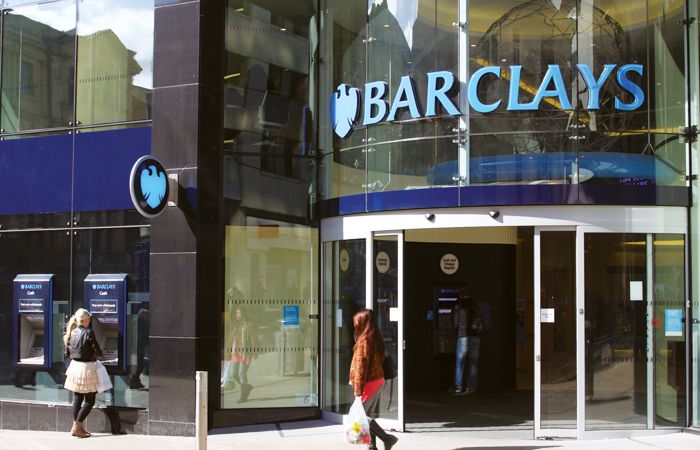
Rent and mortgage spending increased 8.2% year-on-year in November, reaching a 14-month high, Barclays data reveals.
The bank’s latest property insights report found that despite increased costs, consumers have maintained confidence in their ability to afford housing payments, though stamp duty changes have hampered plans for some next-time buyers.
Concerns around rising interest rates dropped slightly to 59% in November, down from a high of 63% in June 2024. This followed the Bank of England’s decision to reduce the base rate to 4.75% earlier in the month.
When asked about their household expenses, 41% reported being very concerned about rising household bills, with 56% also somewhat worried about the impact of rising rent or mortgage costs.
Meanwhile, 41% are adjusting their spending habits to offset rising housing costs, with 29% saying they are looking for ways to save money on their rent or mortgage.
For 23% of homeowners, the cost of Stamp Duty is the biggest barrier to buying their next home. This tax is even more significant for younger homeowners, at 39% of 18 to 34-year-olds, compared to 15% of over 55s.
Among renters, only 7% say that the recent changes to Stamp Duty in the Chancellor’s October budget will delay their home-buying aspirations, although this rises to 27% in London.
In contrast, 64% agree that property prices are the biggest barrier to buying a home.
For renters taking steps to save up for their housing deposit, trying to reduce monthly bills is most popular with 37% of respondents, alongside reducing discretionary spending, also 37%.
Meanwhile, 30% said they were cutting back on holidays to save cash, with a similar proportion investing in order to build their housing fund.
The report also found that improving home energy efficiency remains a priority for the winter months ahead.
Spending on utilities was down 10.6% year-on-year in November, as prices remain below 2023 levels.
However, this is the smallest decrease since July 2024, reflecting the energy price cap rise which came into effect on 1 October and the arrival of colder weather.
Meanwhile, 25% of homeowners are making improvements to their home to increase its energy efficiency.
Of those making changes 52% are seeking to reduce long-term energy use and 19% hope to improve the value of their property.
The most popular improvements are loft insulation (48%), wall insulation (37%), double or triple glazing (35%) and fitting solar panels (33%).
Barclays head of mortgage and savings Mark Arnold says: “The rise in rent and mortgage spending dampens some of the optimism felt following the recent drop in interest rates.”
“For mortgage holders coming to the end of fixed rate deals set in or before 2022, they will only now be feeling the impact of the interim rate volatility. These effects are then being passed through to the rental sector, through higher rents and reduction in supply.”



